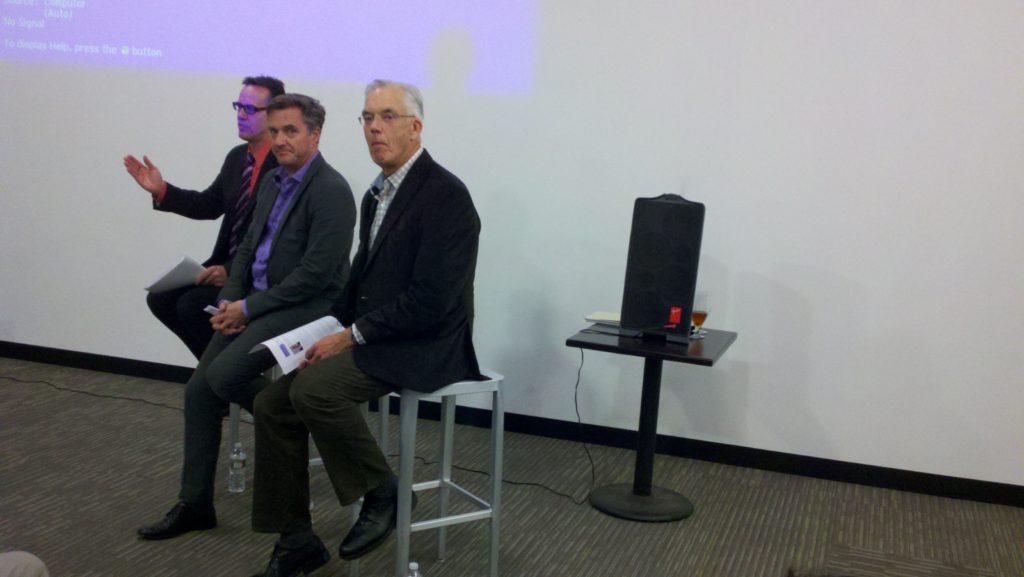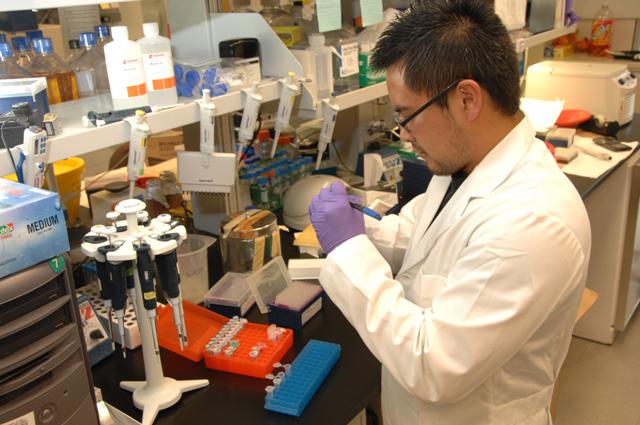The Whitney's 2014 Biennial has been excoriated by critics but Cambridge writer Anita Harris was guided through...
Writer
Three Boston Startups won $22K at the recent BioTech Tueday Innovation Awards Competition.
WBCN was the hub of enormous musical, social and political activity in Boston much of which had...
New Cambridge Observer writer Anita Harris describes Biotech Tuesday pitch competition and event for life science professionals....
Cambridge writer Anita Harris wonders if proportional voting, with 25 candidates on the ballot, makes sense.
Cambridge writer Anita Harris encourages anyone interested in film or the environment to fund Luke Farrar's Kickstarter...



